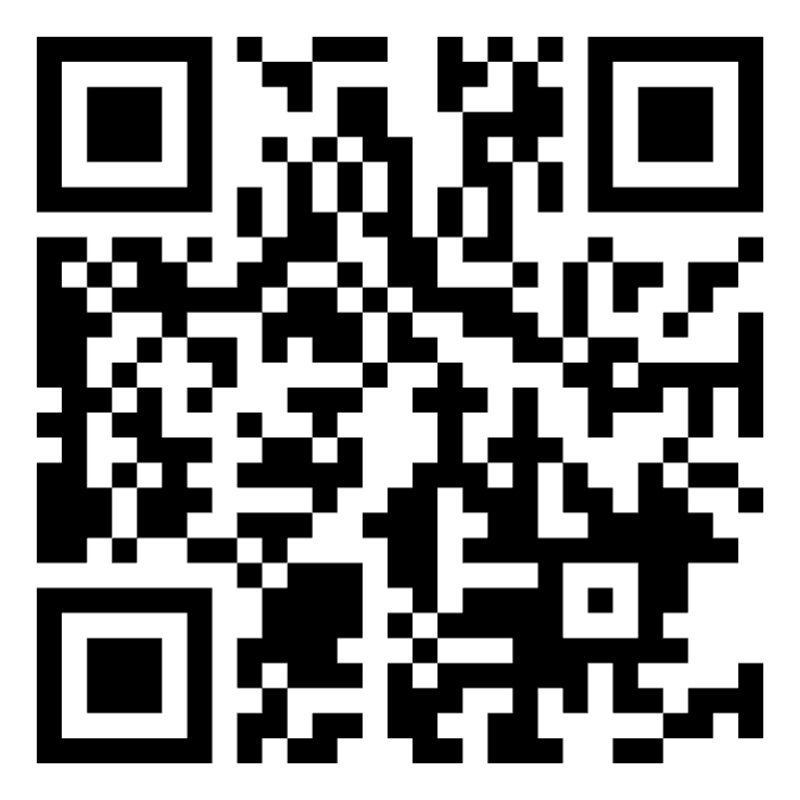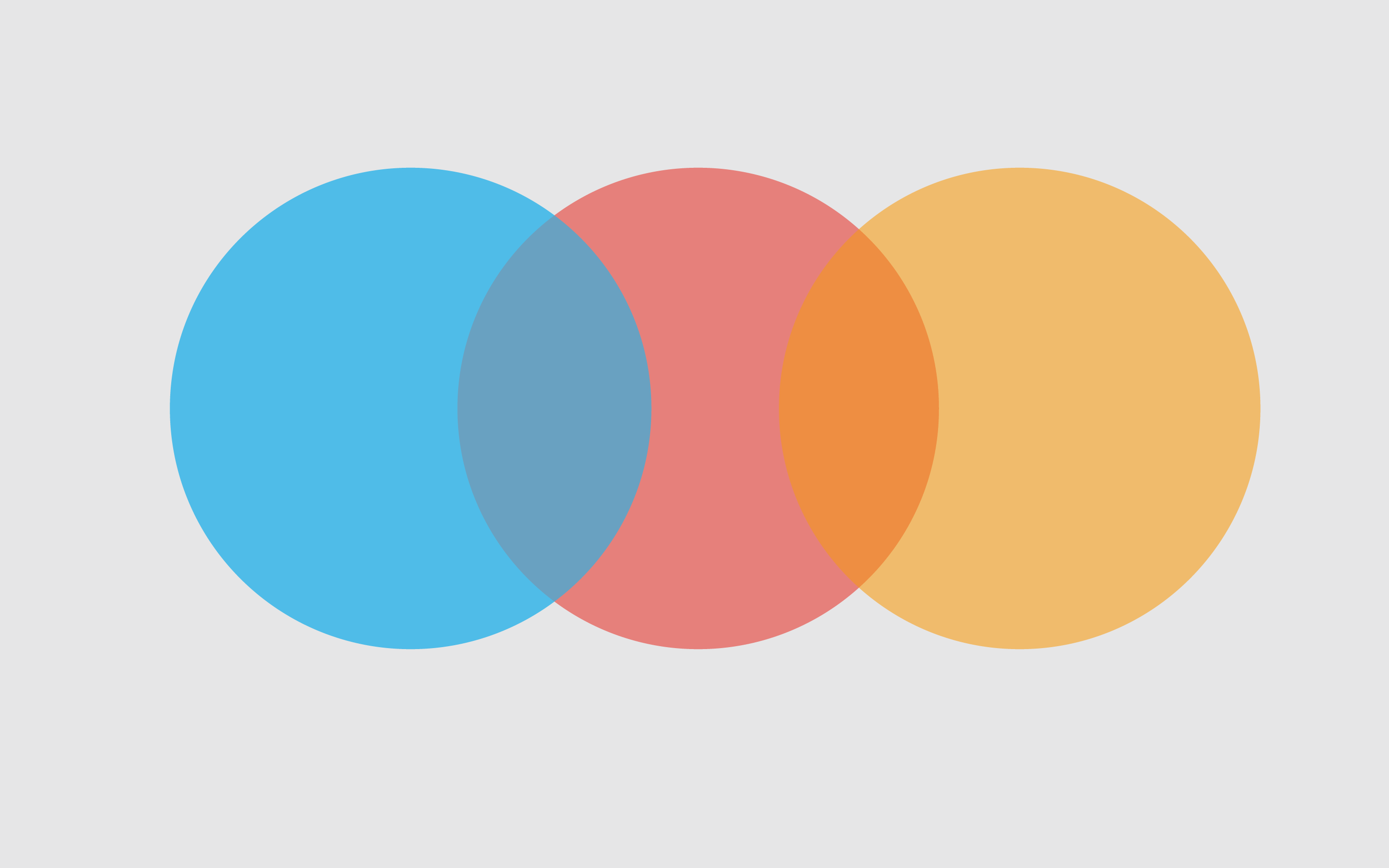为什么读书要读5678遍?|paul graham(GPT 翻译实验)
文章:how you know
作者:paul graham
翻译:gpt-4o, @howie.serious(排名有先后,AI 翻译的实验)
转载自@howie_serious
书籍要看很多遍,这是很正常的事情,我觉得应试教育会让这个变得有些羞耻。另外不必要读“经典”,像是牛顿的《自然哲学的数学原理》,里面使用的微分积分表达式都不同,英文的意义也不同,除非为了研究物理学的历史变迁,思想家的手稿,学习经典知识大可从最新的资料出发。
I’ve read Villehardouin’s chronicle of the Fourth Crusade at least two times, maybe three. And yet if I had to write down everything I remember from it, I doubt it would amount to much more than a page. Multiply this times several hundred, and I get an uneasy feeling when I look at my bookshelves. What use is it to read all these books if I remember so little from them?
我至少读过两次,也许三次维尔哈杜因的《第四次十字军东征编年史》。然而,如果要我写下从中记住的内容,我怀疑全部加起来也不超过一页。把这种情况乘以几百,我看到我的书架,心中就会产生不安的感觉:如果我从这些书中记住的东西如此之少,那么读书还有什么用呢?
A few months ago, as I was reading Constance Reid’s excellent biography of Hilbert, I figured out if not the answer to this question, at least something that made me feel better about it. She writes:
几个月前,在阅读康斯坦斯·瑞德写的希尔伯特传记时,我找到了问题的答案,或者至少是让我感觉好点的东西。她写道:
Hilbert had no patience with mathematical lectures which filled the students with facts but did not teach them how to frame a problem and solve it. He often used to tell them that “a perfect formulation of a problem is already half its solution.”
希尔伯特对那些充斥着事实却不教学生如何构建和解决问题的数学讲座没有耐心。他经常告诉学生:“完美表述一个问题,已经是解决问题的一半。”
That has always seemed to me an important point, and I was even more convinced of it after hearing it confirmed by Hilbert.
我一直深以为然。看到希尔伯特也这么想,我就更加确信了。
But how had I come to believe in this idea in the first place? A combination of my own experience and other things I’d read. None of which I could at that moment remember! And eventually I’d forget that Hilbert had confirmed it too. But my increased belief in the importance of this idea would remain something I’d learned from this book, even after I’d forgotten I’d learned it.
但是,我一开始是怎么产生这个观点的呢?是自己亲身经验与阅读他人思想的结合。但在当时,我却哪样也记不起来!最终,我甚至会忘记希尔伯特也持有这个观点。但即使我忘记了我从这本书中学到的东西,我对这个想法重要性的增强信念仍然会被保留下来。
Reading and experience train your model of the world. And even if you forget the experience or what you read, its effect on your model of the world persists. Your mind is like a compiled program you’ve lost the source of. It works, but you don’t know why.
阅读和经验训练了你的世界模型。即使你忘记了自己的经历或读过的内容,它对你的世界模型的影响依然存在。你的思维就像一个编译后丢失了源代码的程序。它能运行,但你不知道为什么。
The place to look for what I learned from Villehardouin’s chronicle is not what I remember from it, but my mental models of the crusades, Venice, medieval culture, siege warfare, and so on. Which doesn’t mean I couldn’t have read more attentively, but at least the harvest of reading is not so miserably small as it might seem.
我从维尔哈杜因的编年史中学到了什么?寻找的地方并不是我对内容本身的记忆,而是我对十字军东征、威尼斯、中世纪文化和围城战的心理模型。这并不说明我的阅读本身多么投入,但至少说明阅读的收获并非看起来那样少到可怜。
This is one of those things that seem obvious in retrospect. But it was a surprise to me and presumably would be to anyone else who felt uneasy about (apparently) forgetting so much they’d read.
这是回头来看显而易见的诸多事情之一。但这对我来说是一个惊喜。对那些(显然)读过书后忘掉大部分、因而感到不安的人来说,或许也是如此。
Realizing it does more than make you feel a little better about forgetting, though. There are specific implications.
但是,意识到这一点,不只是让你对读书后的遗忘感觉更好受一点。它还有更深远、更直接的含义。
For example, reading and experience are usually “compiled” at the time they happen, using the state of your brain at that time. The same book would get compiled differently at different points in your life. Which means it is very much worth reading important books multiple times. I always used to feel some misgivings about rereading books. I unconsciously lumped reading together with work like carpentry, where having to do something again is a sign you did it wrong the first time. Whereas now the phrase “already read” seems almost ill-formed.
例如,阅读和经验是在发生的当下被“编译”,具体取决于当时的大脑状态。同一本书,在人生的不同阶段,其“编译”的方式各不相同。所以,把重要的书籍阅读很多遍,其价值不可估量。我以前总是对重读书籍感到疑虑。我无意识地把阅读与木工这类工作混为一谈,认为不得不再做一次说明第一次做错了。而现在,“已经读过了” 这种说法几乎不成立。
Intriguingly, this implication isn’t limited to books. Technology will increasingly make it possible to relive our experiences. When people do that today it’s usually to enjoy them again (e.g. when looking at pictures of a trip) or to find the origin of some bug in their compiled code (e.g. when Stephen Fry succeeded in remembering the childhood trauma that prevented him from singing). But as technologies for recording and playing back your life improve, it may become common for people to relive experiences without any goal in mind, simply to learn from them again as one might when rereading a book.
有趣的是,这种含义不仅限于书籍。科技进步让我们有可能重温过去的体验。今天,人们做某件事时,脑子里经常想着以后要再次体验这段经历(例如,旅行中拍下照片便于以后回顾)或找到“编译代码”中的某个错误的起源(例如,斯蒂芬·弗莱成功回想起导致他无法歌唱的童年创伤)。但是,随着记录和回放生活的技术不断进步,人们可能会常常无目的地重温经历,就像重读一本书一样,再次从中学习。
Eventually we may be able not just to play back experiences but also to index and even edit them. So although not knowing how you know things may seem part of being human, it may not be.
未来,我们可能不仅能够回放自身体验,甚至还能对这些体验进行索引和编辑。所以,虽然“不知道自己如何知道”看起来似乎是“人之为人”的一部分,但在未来不必如此。








